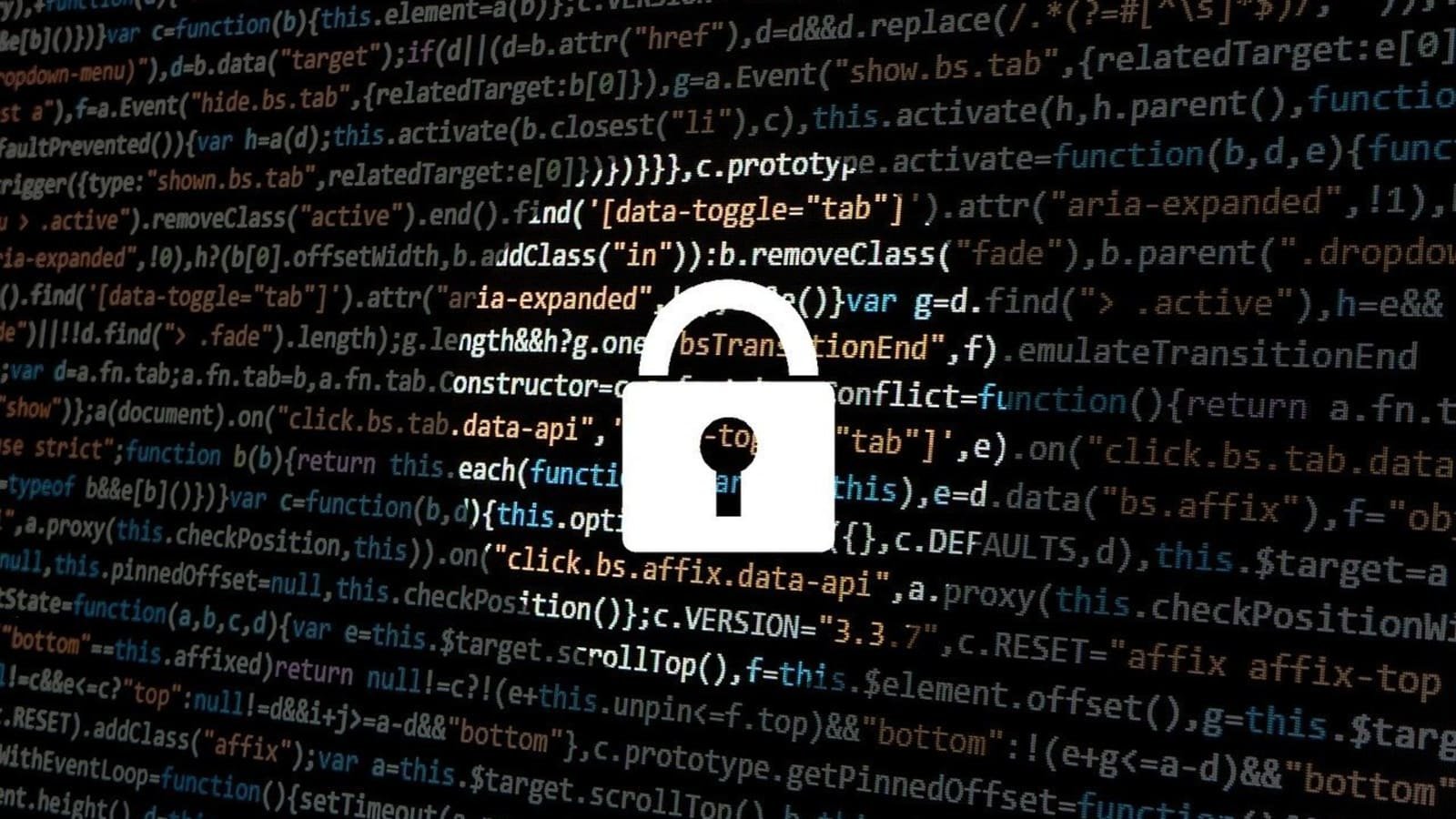In the dynamic landscape of software security, Extended Validation (EV) code signing certificates have emerged as a crucial tool to enhance trust, safeguard software integrity, and protect users from malicious software. However, the world of EV code signing is not static, and it continues to evolve to meet the ever-changing demands of the digital age. In this blog, we will explore the emerging trends and developments in the realm of EV code signing certificates and their profound impact on the future of software security. While considering the cost of EV code signing is valid, it’s crucial to prioritize security and trust over seeking cheap EV code signing alternatives, as the integrity of your software and user trust are at stake.
The Importance of Staying Ahead
Staying ahead in software security is of paramount importance in today’s digital landscape, where cyber threats are constantly evolving and becoming more sophisticated. Here are several reasons highlighting the significance of staying ahead in software security:
Protection Against Emerging Threats: Cyber threats, including malware, ransomware, and advanced persistent threats (APTs), are continually evolving. Staying ahead allows organizations to proactively defend against new and emerging threats before they can exploit vulnerabilities.
Mitigating Zero-Day Vulnerabilities: Zero-day vulnerabilities are software vulnerabilities that are unknown to the vendor and, therefore, unpatched. Proactive security measures, such as threat intelligence and vulnerability assessments, can help identify and mitigate these vulnerabilities before they are exploited.
Data Breach Prevention: Data breaches can have severe consequences, including financial losses and reputational damage. Staying ahead in security helps organizations implement robust measures to prevent data breaches and protect sensitive information.
Maintaining User Trust: Users expect that the software they use is secure and trustworthy. Staying ahead in security measures helps organizations maintain user trust by preventing security incidents and data breaches.
Compliance Requirements: Regulatory standards and compliance requirements mandate specific security practices and data protection measures. Staying ahead in security ensures that organizations meet these requirements, avoiding legal consequences and fines.
Emerging Trends in EV Code Signing
Quantum-Safe Cryptography: With the advent of quantum computing, traditional cryptographic algorithms may become vulnerable. EV code signing certificates will need to evolve to incorporate quantum-safe cryptography to protect against future threats.
Enhanced Key Management: As the number of signed software applications continues to rise, efficient key management becomes paramount. Automation and secure key storage solutions will play a more significant role in certificate management.
Zero-Trust Security: The zero-trust security model, which assumes that no one, even those inside the organization, should be trusted by default, will influence EV code signing practices. Continuous verification and monitoring will become more critical.
Multi-Factor Authentication: EV certificate issuance will likely incorporate multi-factor authentication to enhance the verification process, making it more robust and resistant to fraud.
Integration with DevOps: The integration of code signing into DevOps pipelines will become more seamless, ensuring that signed code is consistently trusted and secure throughout the software development lifecycle.
Blockchain Integration: Blockchain technology may find its way into EV code signing processes, providing immutable records of code signatures and enhancing transparency.
Remote Work Considerations: With the rise of remote work, ensuring secure and remote access to EV code signing certificates will be a priority to maintain operational continuity.
User-Friendly Trust Indicators: EV code signing certificates will continue to enhance user trust by improving the visibility and intuitiveness of trust indicators in software interfaces.
Impact on Software Security
The evolving trends in EV code signing will have a significant impact on software security:
Greater Protection: Quantum-safe cryptography and enhanced key management will provide greater protection against both current and future threats.
Reduced Risk: Multi-factor authentication and the zero-trust model will reduce the risk of certificate fraud and misuse.
Secure Software Supply Chain: Integration with DevOps and blockchain technology will secure the entire software supply chain, from development to distribution.
User Confidence: User-friendly trust indicators will boost user confidence, leading to increased trust in signed software.
Adaptation to Remote Work: Secure remote access to EV code signing certificates will ensure that software development and signing can continue even in remote work scenarios.
Conclusion
The future of EV code signing is intertwined with the evolving landscape of software security. While the cost of EV code signing is a valid consideration, it’s essential to prioritize security and trust over seeking cheap EV code signing alternatives, as the integrity of your software and user trust are on the line.
By staying ahead of emerging trends in EV code signing, organizations can proactively adapt to new security challenges, protect against evolving threats, and maintain the trust of users in a digital landscape where software security is paramount. In the ever-evolving realm of software security, EV code signing certificates will continue to play a pivotal role in safeguarding the digital world.




